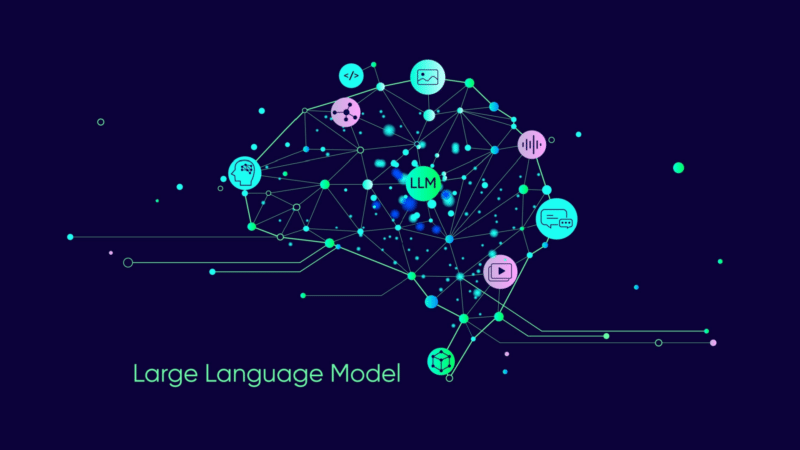
Optimizing Content for Large Language Model (LLM) Search: Strategies for B2B Brands
In the rapidly evolving search landscape, the rise of Large Language Models (LLMs) like ChatGPT and Gemini is reshaping how businesses approach search engine optimization (SEO). For B2B brands, effectively optimizing content for these advanced platforms is no longer optional but essential. As LLMs deliver more conversational responses to user queries, understanding and adapting to these changes can offer significant competitive advantages.
One of the core strategies involves adapting content strategies to better align with the conversational nature of queries received by LLMs. Traditional SEO tactics often focus on keyword optimization, but LLMs require brands to create content that directly addresses user questions. Producing educational materials alongside product-focused content can effectively support users throughout their B2B buying journey, making the experience more intuitive and engaging.
Furthermore, embracing semantic SEO is crucial in navigating this new landscape. Rather than fixating solely on keywords, brands should aim to understand the complete context of topics. Implementing structured data and knowledge graphs can aid in optimizing for entities rather than mere keywords, thus enriching the content’s relevance. This strategy naturally leads to the need for content that utilizes a range of phrases and synonyms, enhancing visibility in searches conducted through LLMs.
Equally important are technical SEO elements such as data accessibility, page speed, and crawlability. Despite the nuances presented by LLMs, maintaining a strong technical foundation remains vital. Robust technical SEO practices not only improve search engine visibility but also ensure that the LLMs can effectively index and retrieve content.
As brands refine their content for LLMs, matching user intent becomes a central focus. Different stages of user intent—awareness, education, and purchase—must be recognized and addressed through tailored content. Promptly responding to users’ quick queries with actionable information will enhance the overall user experience.
In the quest to establish authority and trustworthiness, adhering to the principles of Expertise, Authoritativeness, and Trustworthiness (E-E-A-T) is fundamental. High-quality backlinks, reputable author bios, and reliable citations play a crucial role in building credibility where the stakes are high.
When considering application to tools like URL shorteners, it becomes evident that the principles outlined also extend to how content is shared and consumed. Short links not only provide quick access for users but also appear cleaner, fostering an improved user experience. Leveraging custom domains in combination with link management can further enhance brand visibility—crucial factors that impact how content is perceived in both traditional and LLM-driven searches. It’s advisable for brands to adopt link-shortening solutions, ensuring their URLs remain concise while scoring high on user-friendliness.
Lastly, continuous testing and adaptation are imperative in the face of the fast-evolving nature of LLMs. Regularly monitoring query performance and adjusting strategies based on user behavior trends will enable brands to remain responsive and effective in their SEO efforts as LLM technology develops.
By staying abreast of emerging trends and making data-driven adjustments, B2B brands can optimize their content for LLM searches, leading to more streamlined user engagement while enhancing overall marketing efforts.
#BitIgniter #LinksGPT #UrlExpander #UrlShortener #SEO #MarketingNumérique
Want to know more: https://searchengineland.com/optimizing-llms-b2b-seo-450180

